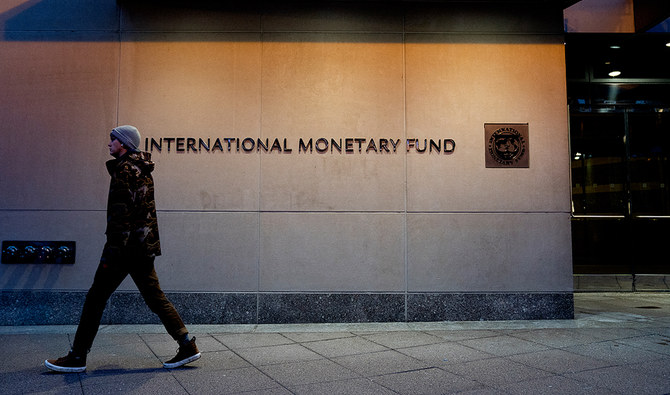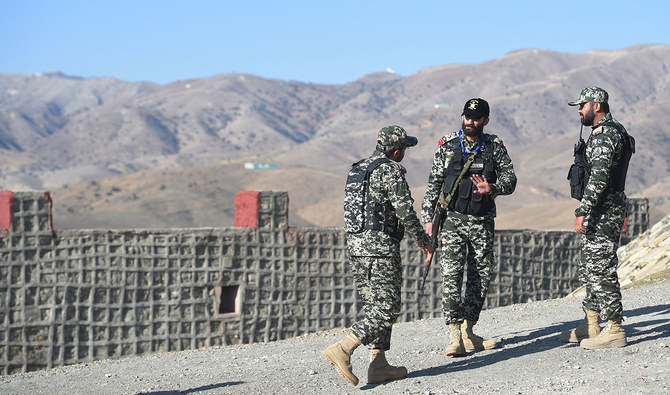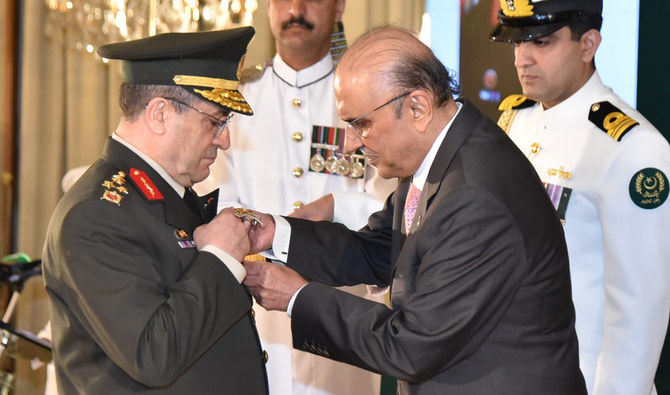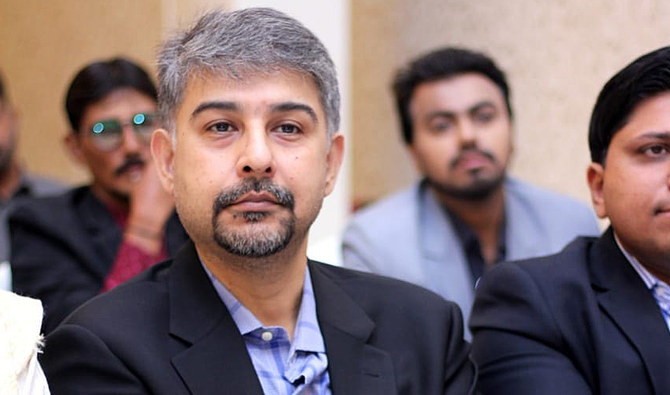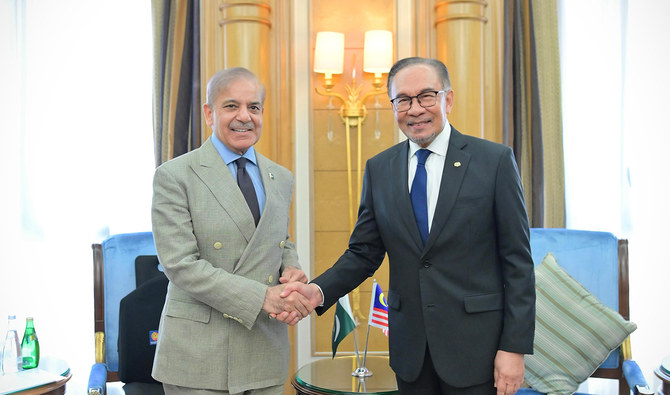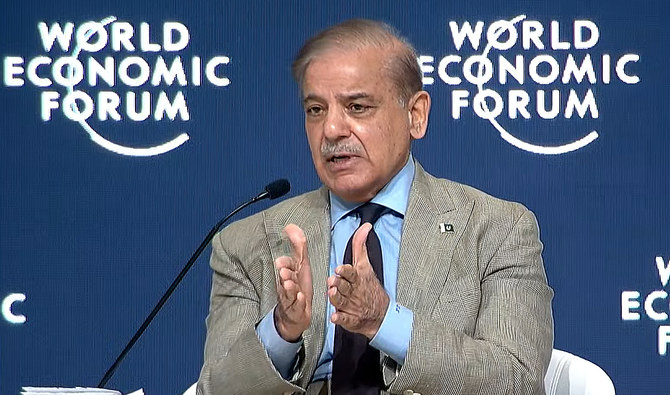KARACHI: Pakistan's $3 billion deal with the International Monetary Fund (IMF) would help the country meet the challenges of high inflation and external payments, the Pakistani central bank chief said on Monday, adding they were aiming to bring inflation down to 5-7 percent in the medium term.
The comments came at a ceremony held to unveil a new banknote of Rs75 denomination to celebrate 75 years of central bank's founding.
Jameel Ahmed, the State Bank of Pakistan (SBP) governor, said the IMF agreement will clear the way for stuck-up inflows.
“Pakistan is facing two key issues, the inflation and the external payments and after the deal with the IMF, it would be easy to tackle these challenges,” he said.
“The inflows which were stuck up will start coming after the agreement with IMF and it would improve the external payments.”
Last week, the IMF approved a new short-term financing arrangement just hours before the expiry of a $6.5 billion bailout program Pakistan entered in 2019.
The cash-strapped South Asian nation will get $1.1 billion disbursement under new financing arrangement right after IMF’s board meeting in Mid-July.
The deal pushed Pakistan’s national currency up by 3.8 percent against the US dollar on Tuesday, with the greenback trading at Rs275.44 in the interbank market.
The governor said the gap between interbank and open market has been reduced that would boost remittances through official channels.
Ahmed said a five-year strategic plan, called 'Vision 2028,' was being prepared to move the central bank to the next level.
“The internal discussions on the plan are completed and it has been shared with stakeholders, including banks and other institutions, for their input,” he said.
“We have improved our vision and focused on central bank's credibility, independence and inclusiveness as its three pillars.”
The bank has identified six areas and set maintaining inflation within the medium-term targets as its first goal, according to the governor.
“The inflation at present is a big challenge for us and the target is set to bring it down to 5-7 percent within two years,” he said.
Inflation in Pakistan eased off to 29.4 percent in June this year after hitting an all-time high of 38 percent in May this year.
“When we tell people we have set inflation target at 5-7 percent, they don’t believe us,” the governor said.
“But we are very much confident that within next two years we will bring inflation to this range. From now onward you will see that we are gradually moving towards achieving the goal.”
About the future strategy of the bank, he said the authorities had set the second goal of enhancing efficiency and stability of the financial sector, the regulatory and supervisory role of the central bank, and strengthening coordination with commercial banks.
The South Asian country, which has still large number of people outside of the formal banking system, aims to promote inclusive, sustainable access to financial services.
“Our third goal is to bring those who don’t have even basic accounts and they are deprived of financial services,” the SBP governor said.
"Under this goal, we have to bring them under the formal financial services so that they could benefit from the financial services."
The SBP governor said the fourth goal under the Vision 2028 was to make the banking system shariah-compliant as per a recent judgement of the Federal Shariat Court.
He, however, said there would be no "forceful imposition," but it would be a business preposition for the banks.
Under the strategic plan, the central bank chief, payment systems and digital banking projects would be introduced to move a step ahead.



